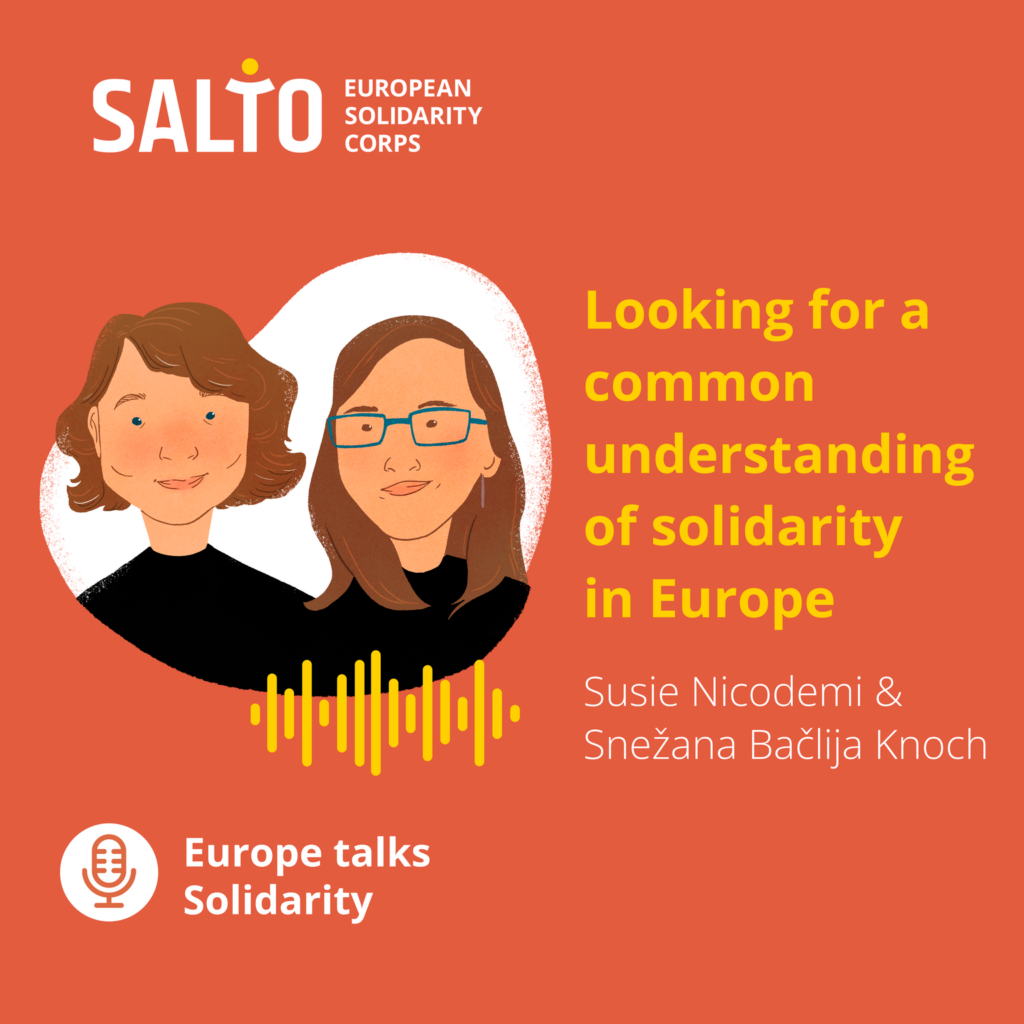Solidarity cake, anyone?
What is solidarity?
4 years ago this seemed to be a question that was buzzing through different circles of European youth work and the answer to it needed to arrive very fast!
Let’s go back just a little bit: Juncker’s State of the Union speech in 2016 had solidarity at the heart. There was an urgent need to reflect on the European Union’s reponse to the refugee crisis, to Brexit, to the rise of the far right political parties, to the climate crisis… to many things. Solidarity was seen as an answer under a new flagship programme of the European Union: European Solidarity Corps.
For many involved in youth work, the concept of solidarity has always been there, but under different names.


